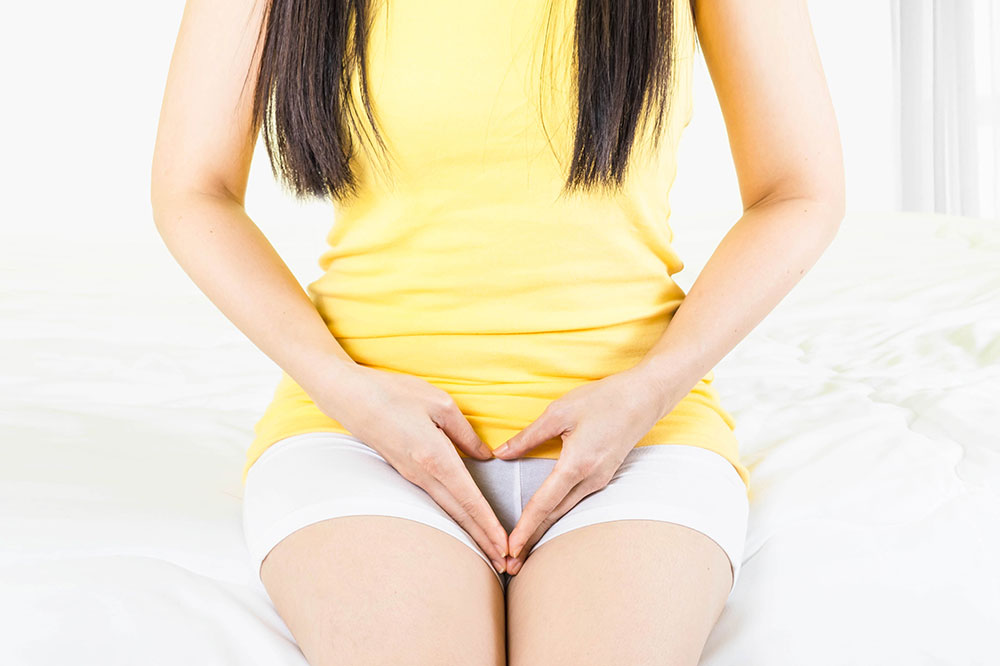
7 Tips to Prevent an Overactive Bladder
Overactive bladder, also known as OAB, is a urinary disorder affecting both men and women. This disorder can cause frequent and sudden need to urinate, which is often difficult to control. It can be embarrassing as people suffering with OAB sometimes experience loss of urine (urgency incontinence). To help you, here are some overactive bladder prevention tips.
1. Maintaining a log
All doctors will advise you to maintain a log for overactive bladder prevention. You will have to make notes of your fluid intake, the number of times you urinated during a day, and how many times you had a sudden urge to pee. You must also mention episodes of urgency incontinence when you coughed, sneezed, or laughed.
2. Keep a check on your diet
Overactive bladder prevention tips also include checking what you eat. Experts advise decreasing or stopping the intake of beverages or foods that can worsen OAB symptoms. The list includes tea, coffee, citrus juices or fruits, alcohol, tomatoes, spicy or acidic food and drinks, and foods and drinks containing artificial sweeteners.
3. Maintaining bowel regularity
Constipation will add to your problems, as it will have a negative effect on your bladder function. You must try to have a regular bowel movement by adding more fiber to your diet. Opt for whole wheat bread and pasta, bran cereals, fruits, and vegetables. Avoid eating refined flour, as it is not a healthy option and can aggravate the issue.
4. Maintain a healthy weight
Having a healthy weight will always help, as it will reduce the risk of many health issues. More the weight, more the pressure on the bladder. Try eating healthy and indulge in some physical activity to maintain a healthy weight.
5. Quit smoking
Many studies indicate that smoking can irritate bladder muscles, leading to an overactive bladder. Smoking can cause repeated coughing and urgency incontinence.
6. Keep yourself hydrated
To avoid frequent urination, OAB patients often avoid drinking liquids. However, drinking lesser fluids will increase the trouble as concentrated urine will be produced that will irritate the bladder and cause frequent urge to urinate. So, keep yourself hydrated. However, limit your fluid intake before going to bed.
7. Bladder retraining
Bladder retraining is a great way for overactive bladder prevention. Bladder retraining includes resisting the feeling to pee and urinating only as per a set timetable. Once you are used to it, you can gradually increase the intervals between urination.
There are many other ways that can help you with overactive bladder prevention. Take the help of your doctor and work out a proper diet and make necessary lifestyle changes to keep this issue at bay. Moreover, as you grow older, undergo regular check-ups to tackle this issue early.


